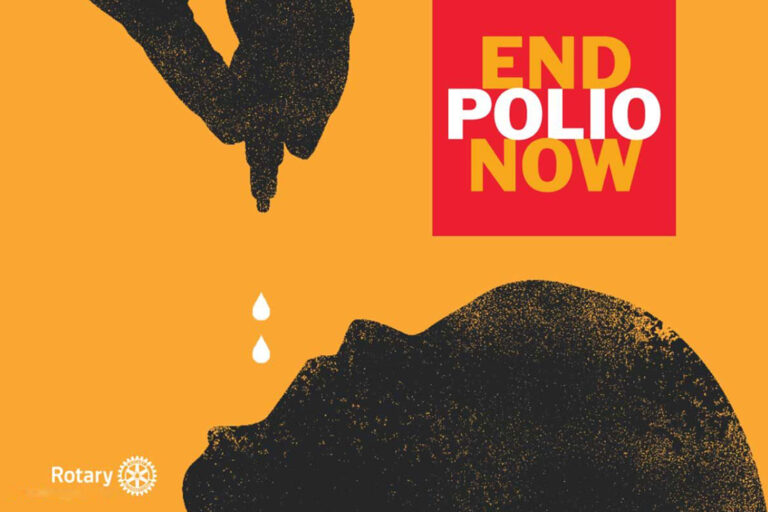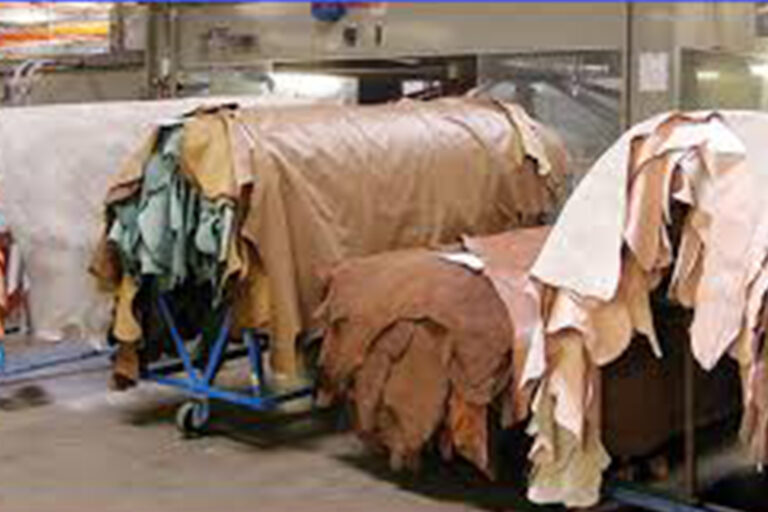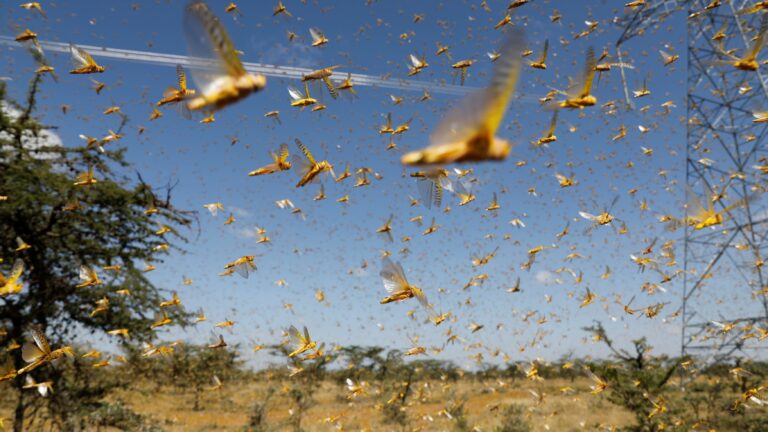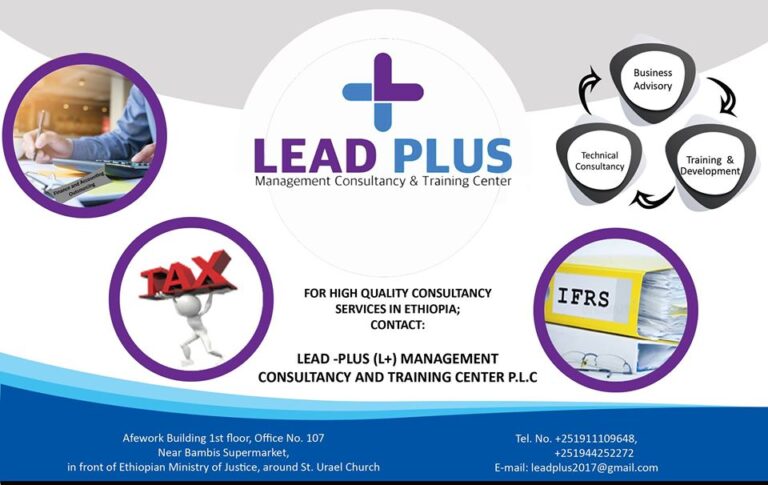Expertise in polio eradication that has put Africa on the verge of being certified free of wild poliovirus has been brought to the frontlines of COVID-19 fight. A network of responders from the World Health Organization (WHO) Polio Eradication Programme and partner organizations is providing critical resources and skills to tackle the COVID-19 pandemic.
While testing is the core of any strategy to contain the virus, the region has had a relatively low number of tests performed. Since the outbreak started, nearly two million tests have been carried out in the WHO African Region, with an average test rate of 15.3 per 10 000 population. To boost diagnosis, the WHO-coordinated polio laboratory network comprising 16 laboratories in 15 countries is now dedicating 50% of its capacity to COVID-19 testing. Hundreds of tests are carried out every day using polio testing machines in Algeria, Cameroon, Cote d’Ivoire, Ethiopia, Madagascar, Nigeria, Senegal and South Africa.
“In Africa, no one has the footprint of the polio programme nor the expertise for mounting effective response campaigns. So with COVID-19 threatening to overwhelm health systems, the extensive polio response network is once again lending crucial support as countries build up systems to contain COVID-19,” said Dr Matshidiso Moeti, the WHO Regional Director for Africa.
Contact tracing has been a central pillar of the WHO polio programme’s support to the COVID-19 response. Mobile phone applications originally developed for health workers to use in polio outbreak response and disease surveillance have been adapted by WHO to be used against COVID-19. In Zimbabwe, for example, over 100 disease surveillance officers are using these tools for case investigations and contact tracing in many provinces where COVID-19 has been confirmed.
In addition, WHO Geographic Information System (GIS) centre in Brazzaville – which was opened in 2017 to support the polio programme with adapted technologies and data management – is using its huge experience in outbreak response and disease surveillance to support countries with a range of GIS and software technology and manual solutions to respond to COVID-19. The GIS team is now working around the clock supporting countries to take up the technology for COVID-19 response.
More than 2000 polio response experts from WHO, UNICEF, Rotary, as well as STOP consultants from the United States Centers for Disease Control and Prevention are supporting the COVID-19 response in the African Region.
Alongside the support to the COVID-19 response, WHO polio staff are also maintaining critical functions and planning to resume mass polio immunization campaigns once the situation permits.
“It is important that the support to COVID-19 response does not jeopardize the progress made in stopping all forms of polio transmission in the region. The fight against the pandemic should not come at the detriment of other health emergencies,” said Dr Moeti.
Across the continent, COVID-19 has disrupted mass polio vaccination campaigns in line with the global physical distancing recommendations that limit COVID-19 transmission. The suspension of high-quality immunization rounds may risk new polio outbreaks due to low coverage.
Polio eradication expertise backs Africa’s COVID-19 response
Pandemic significantly shrinks leather export earning
The coronavirus pandemic significantly shrinks the leather export, one of the major hard currency earners for the country; meanwhile the Leather Industry Development Institute (LIDI) appreciates the performance compared with the challenge of the virus.
The sector has achieved 42 percent of the export target 0r USD 65.5 million in ten months of the budget year which the institute projected to generate USD 157 million in the stated period.
Berhanu Serjabo, Corporate Communication Head at LIDI, said that the global outbreak has significantly damaged the sector. “In the budget year, which is 2019/20 we expected to register a significant growth from the leather sector after the government take massive measures to improve it,” the Corporate Communication Head told Capital.
“Before COVID19 becomes a challenge at the global stage the leather export was held in good manner, but since February, a month that the virus expanding its root all over the world the sector performance is seriously affected,” he added.
So far until May 8 the leather sector has generated USD 65.5 million that is 42 percent of the target, according to Berhanu.
“We highly anticipated to register good performance for the year, meanwhile this sudden pandemic has changed the overall condition,” he added.
Even though the leather sector was one of the major hard currency source for the country, it could not continue as its previous strength. Currently newly introduced sectors like horticulture have surpassed the leather sector.
Experts and pioneer leather sector actors, most of them are local investors, criticized the government for weak performance on the sector.
Tanneries argued that the proclamation introduced about 12 years ago significantly damaged the sector and even bankrupt some investors.
The raw and semi-processed hides and skins export tax proclamation No. 567/2008 imposed a discouraging tax of up to 150 percent for unprocessed or semi processed leather products, which local investors argued is untimely and affect the sector.
However lately in the current budget year the government lifted the proclamation and is working with actors to provide support like finance and lifting customs constrains, according to Berhanu, “due to the government’s attention given to the sector we have expected a marvelous achievement.”
“Most of the tanneries were returning to their previous condition and were finalizing to commence their export when the virus becomes a pandemic,” he added.
In the 2019/20 budget year the government targeted to earn USD 201 million. A year ago the sector generated USD 120.3 million.
Meanwhile COVID 19 seriously affects the export of leather and leather goods, according to LIDI to some extent products mainly leather goods like bags and glove are being exported.
“Now we have given priority for tackling the virus and keep the safety of employees and at the same time industries to continue their production with precautions,” he says adding “in the stated manner industries continue producing their products meanwhile their products at the current stage could not be exported as they used to be.”
Currently, there are 27 tanneries, 24 footwear manufacturers, four glove producers and 19 leather product exporting industries in the country that LIDI, which is under Ministry of Trade and Industry, follows.
In the 2008 financial crisis the leather sector faces similar problems, while Berhanu hopes that the current problem will be easy when the global lockdown starts opening up.
New IRC report: Almost five million people at risk of hunger and famine as swarms of desert locusts destroy crops across East Africa
The outbreak is hitting Somalia the hardest, with Kenya, Ethiopia, Uganda and South Sudan also heavily impacted
Previous swarms have already damaged tens of thousands of hectares of cropland and pasture
Almost five million people could be plunged into hunger and famine as a fourth round of desert locusts hatch and ravage crops across the Horn and East Africa, compounding an already dire food situation worsened by the COVID-19 pandemic. The infestation, which first arrived in East Africa last June, is feeding on hundreds of thousands of hectares of crops across at least eight countries. Another round of hatching could produce swarms up to 8,000 times larger than the first generation earlier this year. The International Rescue Committee (IRC) is calling for a major ramp up of preventive measures to stop the swarms from destroying lives and spreading across West Africa and to the Indo-Pakistan border.
Barri Shorey, Senior Director of Economic Recovery for the IRC, said, “the Desert Locust is the world’s most dangerous migratory pest. A one-square-kilometer locust swarm is capable of consuming the same amount of food in one day as approximately 35,000 people. The worst outbreak in 70 years is combined with a year of drought and flooding, and now a COVID-19 pandemic preventing people from working and farming, poses an unprecedented risk to food security. Without an immediate increase of prevention measures, we could be on the verge of a famine like we have never seen before.”
Like all crises, women and girls are experiencing the locust outbreak differently. Female-headed households remain particularly vulnerable as women manage their crops as well as the additional unpaid labor within the home. It is important to specifically account for the challenges women and girls face in response efforts.
Somalia is being hit the hardest. Already, more than half of IRC supported communities’ land have been affected by the latest infestation. The country, which was still recovering from the severe 2017 drought, was hit by another drought in 2019 and has since seen massive flooding and now a spiraling COVID-19 pandemic. Without immediate help, 3.5 million people are projected to face a food crisis in Somalia.
Sahal Farah, Community Resilience Committee Vice Chairman for Docol, an IRC partner organization, said, “this is the worst locust invasion we have seen in our generation; it has destroyed pastures, contaminated water sources and displaced many pastoral households. The worst part is that we do not have the capacity to control it, and so far, we have not received any external support.”
Without intervention, the Food and Agriculture Organization predicts a 50-70 percent cereal harvest loss in Somalia. The IRC estimates that 5,000 households, especially those headed by women, currently do or will need urgent humanitarian assistance by August if harvests fail and market prices rise. The IRC is scaling up multipurpose cash assistance and farming support to reach all 5,000 at risk households.
The IRC is engaged in a desert locust task force in Somalia, informing the community on best practices to control the outbreak, training Community Resilience Committees (CRC) on control measures and providing farming and agriculture support to locust affected smallholder farmers. But, the IRC is only a portion of those working to help those impacted by this devastating plague. In 2017, the world came together to prevent famine in Somalia. This can be done again. With more funding, the IRC and its partner organizations can reach more of the most vulnerable, particularly women and girls, and prevent a devastating hunger crisis.
The IRC has launched a US 30 million appeal to help us mitigate the spread of coronavirus among the world’s most vulnerable populations. We are working across three key areas: to mitigate and respond to the spread of coronavirus within vulnerable communities; protect IRC staff; and ensure the continuation of our life-saving programming as much as possible across more than 40 countries worldwide.
Business consultancy goes online
Lead Plus Consult, a management consultancy and training center introduced an online platform to consult private businesses in line with the current pandemic.
The firm that is engaged in the consultancy business for those who want to invest in Ethiopia and others who already started business locally has stated that it has now introduced an online operation and provide information for those who needs it.
“In relation with the outbreak of coronavirus, providing direct information would be difficult. Due to that we have decided to provide general guidance online for free on ways how to run business in Ethiopia,” Dawit Tadesse, CEO and Founder of Lead Plus Consult said.
“In Ethiopia getting information is very difficult to do business very quickly for both foreigners and local investors. Previously we have published a book that guide investors to operate in the country and now as corporate social responsibility we have initiated to provide an online general guidance,” Dawit told Capital.
“Due to the current situation it is not suitable to go at relevant government offices for all information and our initiative will ease that. The guidance will help investors to enable to get up to 30 percent of their information demand,” he added.
The consultancy firm stated that it is already receiving questions from aboard and locally. “We are now providing responses for every query we received online,” Dawit said.
He added that the firm has dedicated five professionals for the initiative and the expense will be covered by the company.
“We considered it that it will promote the website and the company and potential local and foreign advertisers will promote their companies on our website,” he said.
The book that Lead Plus Consult founder published is supporting businesses by providing relevant information regarding how to start business in the country, where to go and explain the tax system of the country.
The consultancy firm also provides business consulting, management consulting, tax advisory, tax and tax review, tax complain cases, financial accounting, finance consulting, tax and financial planning services, foreign currency repartition consultancy and others.
The coronavirus has changed several traditional businesses and operation and virtual operations has become optional for different activities including for the bureaucracy.
Planning and Development Commission recently stated that it has revisited its ten year development plan, Ten Year Perspective Development Plan, because of COVID 19.
Fitsum Assefa, Commissioner of PDC, recently told Capital that PDC gives emphasis on technology and innovation, research and development, and develop resilient system on its ten year development plan.






